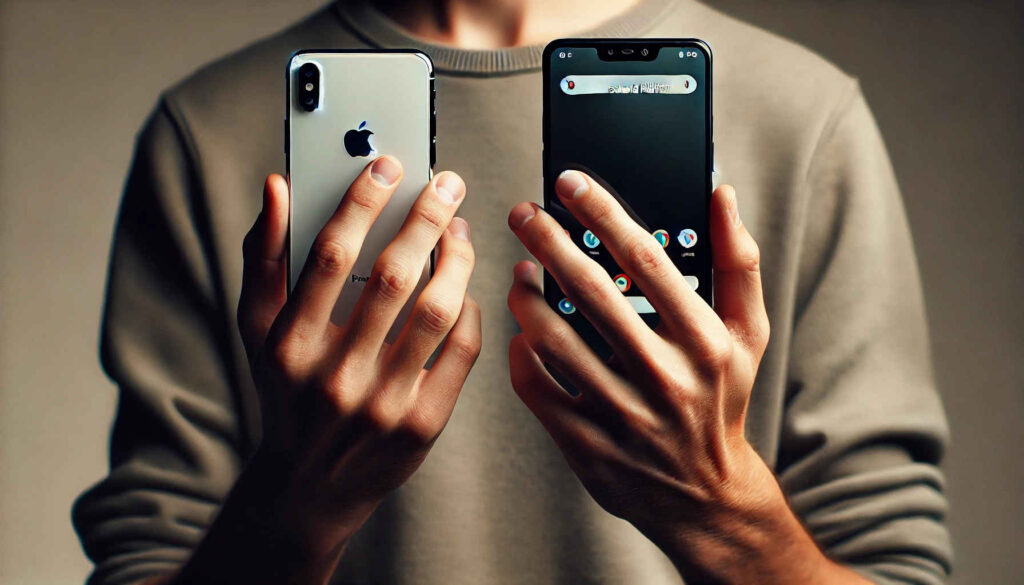
404 Media has released two documents allegedly intended for the customers of the Israeli digital intelligence company Cellebrite.
Android-based phones may be easier targets for hackers and government agencies than iPhones, news outlet 404 Media has claimed, citing leaked documents allegedly intended for the customers of Israeli digital intelligence company Cellebrite.
The issue of cellphone users’ privacy has recently been highlighted after the FBI revealed on Monday that its “technical specialists successfully gained access to Thomas Matthew Crooks’ phone.” The authorities stopped short of divulging what device the suspected shooter in the attempted assassination of former President Donald Trump was using.
Over the past few years there have been reports suggesting that thousands of politicians, journalists, activists, and business figures worldwide have had their cellphones accessed with the help of the Israeli spyware program Pegasus. Once installed, the software presumably grants the hacker the ability to read messages, look through photos, track the person’s location, and even switch on the camera and microphone without the knowledge of the phone’s owner.
In its reports on Wednesday, 404 Media alleged that an anonymous source recently sent two documents dating back to April, titled “Cellebrite iOS Support Matrix” and “Cellebrite Android Support Matrix,” respectively. The papers had presumably been given to one of Cellebrite’s clients and were not supposed to make it into the public domain.
According to the article, the cellphone forensics company, which sells its tools to federal, state, and local law enforcement as well as to other companies and service providers, was unable to hack a considerable number of modern iPhones available on the market as of April 2024.
Describing Cellebrite’s ability to access devices using various iterations of common mobile operating systems, one of the documents reportedly says tools to hack phones based on iOS 17.4 or newer versions are “In Research,” which means “they cannot necessarily be unlocked with Cellebrite’s tools,” 404 Media claims.
For iOS 17.1 to 17.3.1, the Israeli firm supposedly said in the document that it can access the iPhone XR and iPhone 11 series, released in 2018 and 2019, respectively.
The other leaked document reportedly focuses on Android-based devices, indicating that Cellebrite can hack most of them. However, according to 404 Media, Google Pixel 6, 7, or 8 smartphones in particular remain inaccessible when switched off.
The media outlet reported that Cellebrite had confirmed the authenticity of the documents in an emailed statement. 404 Media quoted the firm’s senior director for corporate communications and content, Victor Ryan Cooper, as saying: “The reason we do not openly advertise our updates is so that bad actors are not privy to information that could further their criminal activity.”